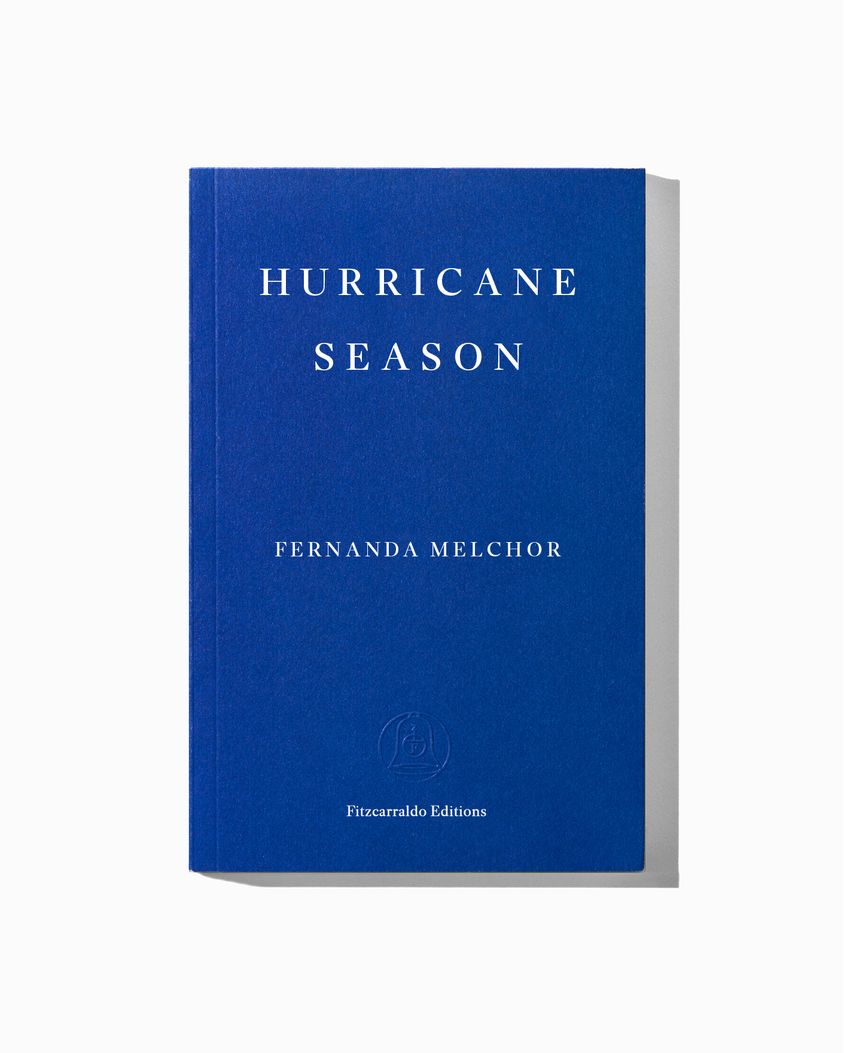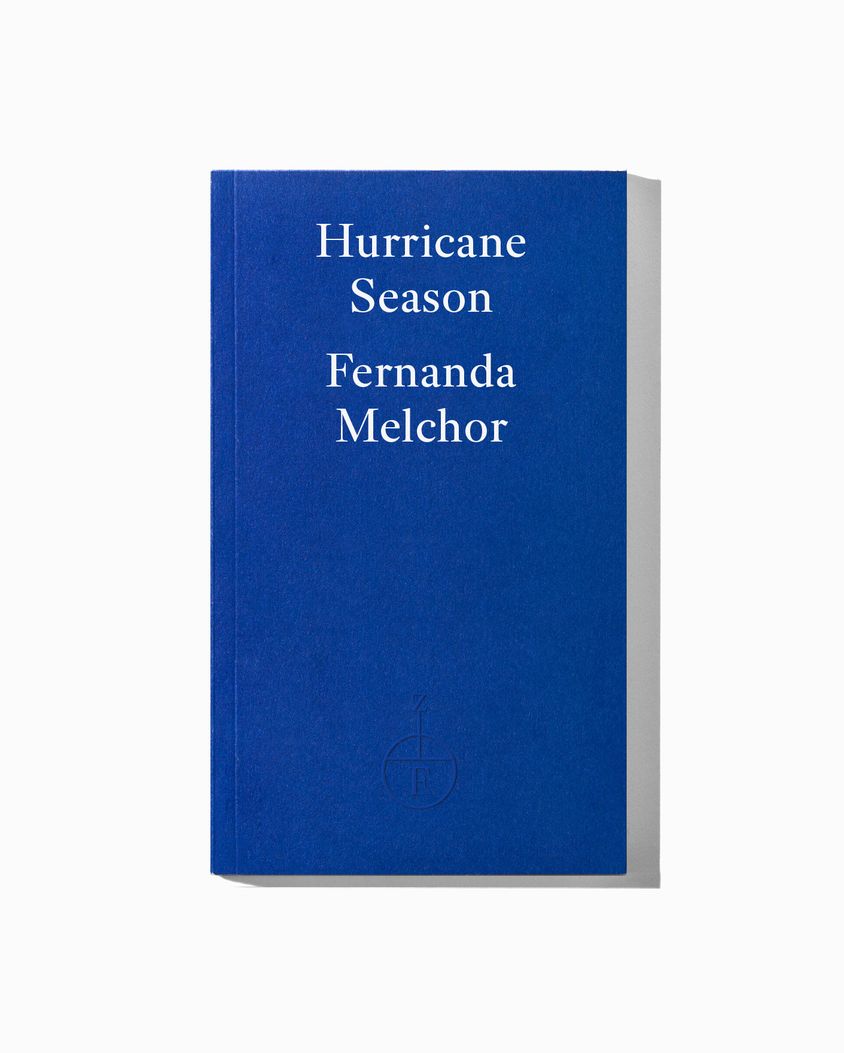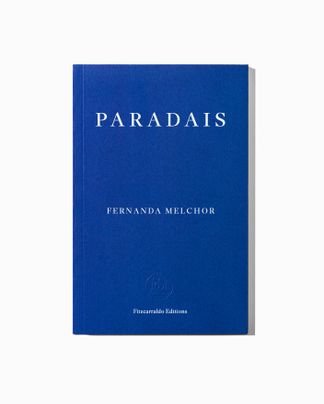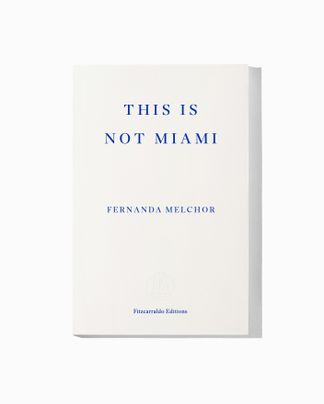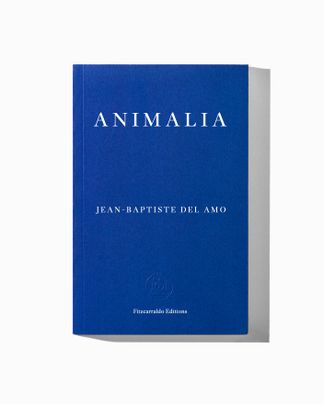The Witch is dead. After a group of children playing near the irrigation canals discover her decomposing corpse, the village of La Matosa is rife with rumours about how and why this murder occurred. As the novel unfolds in a dazzling linguistic torrent, Fernanda Melchor paints a moving portrait of lives governed by poverty and violence, machismo and misogyny, superstition and prejudice. Written with an infernal lyricism that is as affecting as it is enthralling, Hurricane Season, Melchor’s first novel to appear in English, is a formidable portrait of Mexico and its demons, brilliantly translated by Sophie Hughes.
New York Public Library Books of the Year 2020 | Guardian Books of the Year 2020 | Observer Books of the Year 2020 | Lithub Books of the Year 2020 | Morning Star Books of the Year 2020 | The Arts Desk Books of the Year 2020 | PRI Books of the Year 2020 | Jezebel Books of the Year 2020

